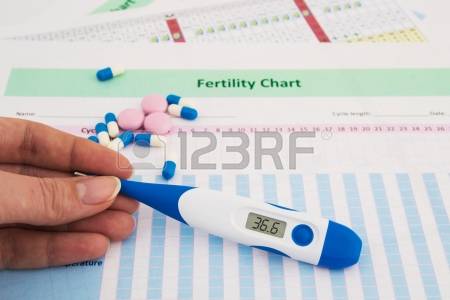
Male factor accounts for 20-30% of infertility cases in Kolkata: Specialists
A common misconception about infertility is that it is often considered a female problem. However, the truth is that infertility affects both men and women equally. Due to advancements in medical sciences, several sperm parameters that cause infertility are now identified, leading to an increase in the diagnosis and thereby the incidence of male infertility in Kolkata. Male infertility is particularly rampant in cities where people are prone to a stressful lifestyle.
Dr. Arindam Rath, Fertility Consultant at Nova IVI Fertility, Kolkata said, “Infertility today is a rising concern among men in Kolkata, with 20-30% of all infertility cases being male related. The causes of male infertility can be genetic or caused by an infection, testicular or pelvic injury or a severe medical condition. Changing lifestyles, stressful work and personal environment, increased consumption of alcohol, tobacco and rising levels of obesity, diabetes, among other factors, may also lead to infertility. Many male fertility problems go undiagnosed and untreated, either because the attention focuses on their partner or because men are reluctant to get help or unable to find it when they seek.”
Known causes of male infertility
· About 10-15% of male infertility is because of Azoospermia (absence of viable sperms in the semen).
· Sometimes men are able to produce sperms in sufficient quantity but the quality is poor, causing difficulty in conception. For fertilisation to take place, sperm must be able to reach the egg and then penetrate its outer layer. Sperms that don't move well or are abnormally shaped may be unable to do this.
· Male infertility is also caused by acute infections such as smallpox, mumps, other viral infections, and chronic infections like TB, leprosy, prostatitis, etc.
· Varicocele: An enlargement of the veins that wraps around the testicles and affects sperm development. It occurs in about 15 to 20 percent of infertile men.
· Other medical causes such as cryptorchidism (undescended testes), aplasia (congenital obstructions), vasectomy, post-infective ejaculatory disturbances and sexual dysfunctions are also common.
How male fertility check-ups are done
During any fertility check-up, it is mandatory to investigate both partners. A male fertility assessment usually starts with a thorough medical history and a semen analysis that examines the count, motility and morphology of sperm in the ejaculate. Further testing is based on the results of the analysis. Men with low sperm counts, for example, might require hormonal or genetic testing. If no sperm is found in the ejaculate, a testicular biopsy may be necessary. Hormone profile, DNA fragmentation and scrotal scan with Doppler are done if abnormalities are found. Semen analysis is repeated after three months if the patient has been put on treatment.
“When male infertility is caused by poor quality sperms, modern technology allows us to look for and select the best and the most healthy sperm for ICSI (intra-cytoplasmic sperm injection), thereby increasing the chances of pregnancy. Advanced ART technique MACS (Magnetic Activated Cell Sorting) is known to improve the success rates of IVF by 8-10%. MACS is a semen preparation technique that involves the magnetic separation of healthy sperms from those which have less fertility potential. This helps achieve better fertilisation rate, early embryo cleavage, implantation rate and pregnancy rate,” Dr. Rath added.
Couples struggling with infertility should make every effort to find the right help for both partners. While ob-gyns deal with women's reproductive problems, comprehensive infertility care units are the best options for men to seek help at. There are many treatment options starting from tablets to IUI (injecting sperms directly into the uterus) and IVF-ICSI depending on the cause and severity of the condition.
Support Our Journalism
We cannot do without you.. your contribution supports unbiased journalism
IBNS is not driven by any ism- not wokeism, not racism, not skewed secularism, not hyper right-wing or left liberal ideals, nor by any hardline religious beliefs or hyper nationalism. We want to serve you good old objective news, as they are. We do not judge or preach. We let people decide for themselves. We only try to present factual and well-sourced news.







